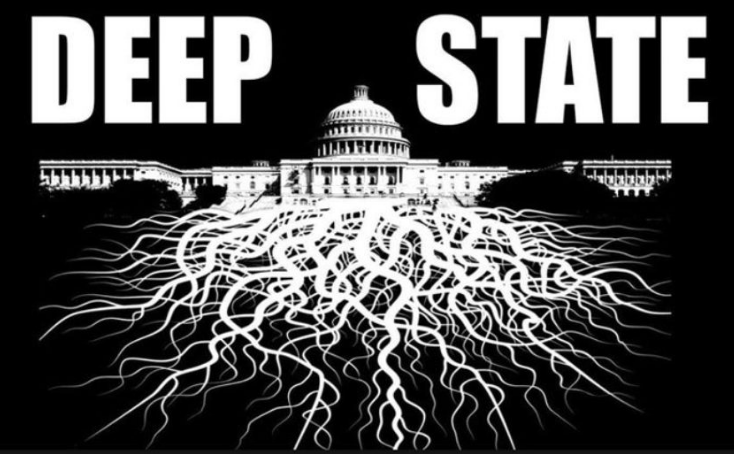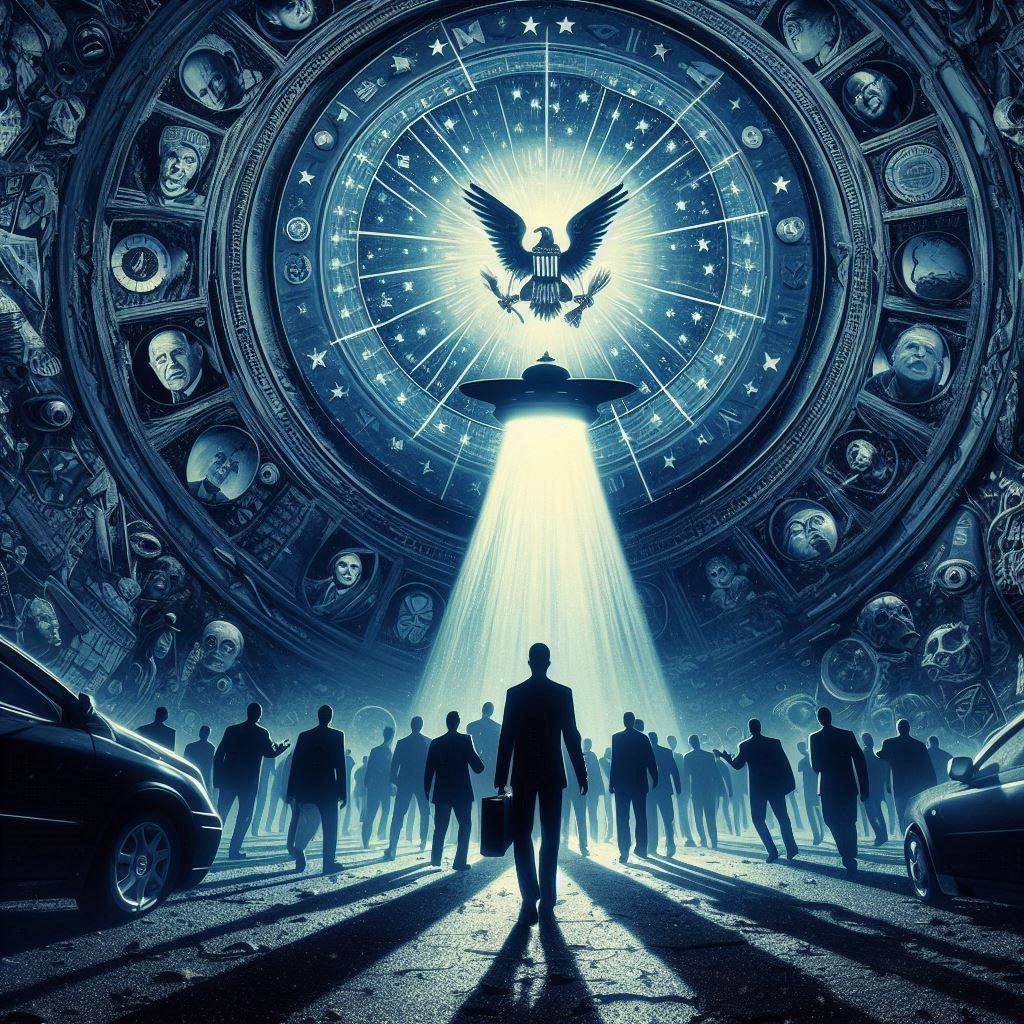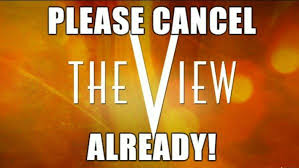Unraveling the Myths and Realities the Shadow Government
Introduction

The term “Deep State” has become a buzzword in modern political discourse, often evoking images of conspiracy theories and shadowy figures pulling the strings behind the scenes. But what exactly is the Deep State? At its core, the Deep State refers to a network of influential individuals within government, military, and corporate sectors who are believed to operate independently of elected officials, shaping policies and decisions to serve their own interests.
For today’s man, aged 18-65, the concept of the Deep State isn’t just a political talking point—it’s a lens through which to view issues like government transparency, public trust, and the balance of power. Whether you’re a working-class individual concerned about economic policies or a professional navigating corporate landscapes, understanding the Deep State can provide valuable insights into how power operates in society.
This article will unravel the myth and reality of the Deep State, exploring its historical roots, current relevance, and impact on everyday life. By the end, you’ll have a clearer picture of this controversial topic and the tools to think critically about the information you consume.
Historical Context
The concept of the Deep State isn’t new. Its origins can be traced back to the early 20th century, with the term gaining prominence in Turkey during the 1990s to describe a clandestine network of military and government officials who influenced politics behind the scenes. However, the idea of unelected power structures predates even this usage.
In the United States, the Deep State narrative gained traction during the Cold War, when concerns about covert operations and intelligence agencies like the CIA fueled suspicions of hidden agendas. Events such as the Watergate scandal and the Iran-Contra affair further cemented the idea that unelected entities could manipulate government actions.
Historians and political scientists often point to the growth of bureaucratic institutions as a key factor in the development of the Deep State. As governments expanded, so did the influence of career officials and technocrats, whose expertise and longevity often outweighed the authority of elected leaders.
Understanding this history is crucial for contextualizing modern debates about the Deep State. It’s not just a conspiracy theory—it’s a reflection of real concerns about accountability and transparency in governance.
Current Perspectives
Today, the Deep State is a polarizing topic. For some, it’s a legitimate concern about the concentration of power in unelected hands. For others, it’s a conspiracy theory used to undermine trust in institutions.
Prominent figures like President Donald Trump have popularized the term, using it to describe resistance to his administration’s policies. On the other hand, critics argue that the Deep State narrative is a tool to distract from legitimate political debates.
Experts like Mike Lofgren, a former congressional staffer, have written extensively about the Deep State, describing it as a “hybrid association of government officials and private entities” that operates beyond public scrutiny. Meanwhile, scholars like Joseph Uscinski emphasize the psychological appeal of conspiracy theories, suggesting that the Deep State narrative thrives in times of uncertainty.
Public opinion is divided. A 2021 Pew Research study found that 55% of Americans believe the Deep State exists, while 45% dismiss it as a myth. This split highlights the need for critical thinking and evidence-based analysis when discussing the topic.
Impact on Society
The idea of the Deep State has far-reaching implications for society, particularly in how it shapes political discourse and public trust. For men across different demographics, the concept resonates in unique ways.
Working-class men may see the Deep State as a symbol of economic inequality, blaming shadowy elites for job losses and stagnant wages. Professionals, on the other hand, might view it as a threat to corporate accountability and fair competition.
The Deep State narrative also influences public trust in institutions. A 2020 study by the Edelman Trust Barometer revealed that only 46% of Americans trust their government, a trend exacerbated by Deep State theories. This erosion of trust can lead to political apathy or, conversely, increased polarization.
Understanding the Deep State’s impact requires looking beyond the headlines. It’s about recognizing how narratives shape our perceptions of power and accountability, and how these perceptions affect our daily lives.
Theories and Conspiracy
The Deep State is often at the center of conspiracy theories, ranging from claims of secret societies controlling world events to allegations of election fraud. While some theories are rooted in historical precedents, others are outright fabrications.
For example, the idea that the Deep State orchestrated the assassination of JFK has been debunked by multiple investigations, including the Warren Commission Report. Similarly, claims of a Deep State coup against Trump lack credible evidence.
However, not all Deep State theories are baseless. The influence of lobbying groups and corporate interests on policy-making is well-documented. For instance, the role of lobbying in U.S. politics has been a subject of scrutiny for decades.
Critical thinking is essential when evaluating these theories. Ask yourself: Who benefits from this narrative? What evidence supports it? By approaching the topic with skepticism and an open mind, you can better navigate the murky waters of Deep State discourse.
The Deep State
The Deep State is a complex and multifaceted concept, blending historical realities with modern conspiracy theories. For today’s man, understanding this topic is about more than just staying informed—it’s about developing the critical thinking skills needed to navigate an increasingly complex world.
As we’ve explored, the Deep State has roots in historical events, influences current political discourse, and impacts public trust in institutions. By examining both the myths and realities, we can better understand the forces shaping our society.
We encourage you to stay curious, question narratives, and engage in thoughtful discussions. Share your thoughts in the comments below, and don’t forget to follow our blog for more insights into the issues that matter most to men today.
References:
- Lofgren, Mike. The Deep State: The Fall of the Constitution and the Rise of a Shadow Government.
- Uscinski, Joseph. Conspiracy Theories and the People Who Believe Them.
- Pew Research Center. “Public Trust in Government: 1958-2021.”
- Edelman Trust Barometer. “2020 Trust in Government Report.”




